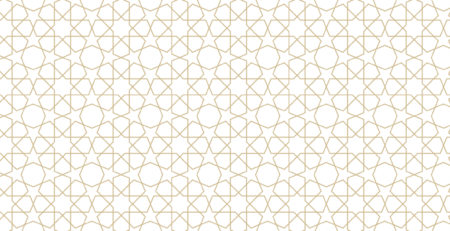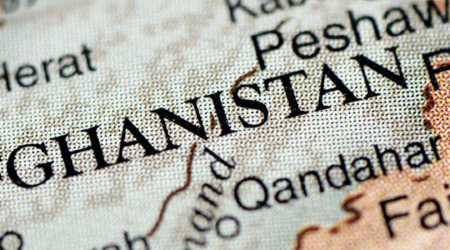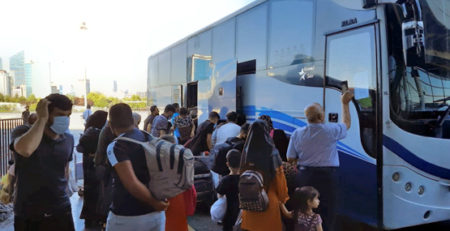The return of coups d’état in Africa
By Alice Carchereux
Since 2019, a wave of coups has appeared on the African continent, challenging the belief that Africa had turned the page on the era of coups following the end of the Cold War. These military takeovers have taken place in Mali (August 2020 and May-June 2021), Chad (April 2021), Guinea (September 2021), Sudan (October 2021), Burkina Faso (January and September 2022) and, most recently, Niger (July 2023) and Gabon (August 2023). Each recent coup has been motivated by different local issues. While this upsurge in coups over the past three years may seem unprecedented, it is part of a historical background of violence since independence and the lingering effects of colonial power structures.
The local fervour and support for the juntas that followed the seizure of power can be explained by the political impasses in development and the security challenges posed by the proliferation of armed groups. But the emphasis on these impasses tends to reify African states as ‘failed’ or ‘fragile’, prone to authoritarianism and coup excesses. Commentators who warn of the risk of an epidemic of coups in Africa and seek ways to curb their proliferation give credence to these essentialist views. Indeed, we suspect that such analyses have the effect of neglecting other complex power dynamics that emerge in post-coup contexts.
The aim of this article is therefore to propose avenues of research into the ability of the juntas to legitimise themselves in the eyes of ordinary people, a legitimisation that consists in demonstrating opportunism through a strategy of extraversion, i.e. the use in local games of the “resources provided by the – possibly unequal – relationship with the external environment” (Jean-François Bayart. L’Afrique dans le monde : une histoire d’extraversion. Critique internationale no 5, 1999). This is characterised by the strategic ability to ally itself with certain powers such as Russia, the United States or France, depending on the context. The exercise of sovereignty and the extension of power bases are then made possible by the construction of dependency in terms of security and development, in other words the ability of the juntas to solicit partnerships or to discourage others. There are three levels of analysis that help to explain this idea.
Firstly, the international reactions that have followed the various coups, oscillating between principle and pragmatism: sanctions can vary according to the country concerned. This highlights the challenges posed by issues of stability and security, which sometimes take precedence over democracy, as well as the balance of power and geostrategic relations, which constitute permanent interests for the ruling juntas.
Second, military and security commitments: the way in which the military interact with the political sphere plays a crucial role in the legitimacy they enjoy. They are able to unite society around certain registers of meaning and certain fundamental principles. Attention is paid to the inherently porous interactions between civil society and the military, and to the common interests between the military institution and the civilian population.
Finally, because economic difficulties can be the main driver of popular frustration, coups appear to be the last resort for social and economic development. This is about the management of resources within states, a way for juntas to protect themselves from international pressure and sanctions, while maintaining relations with certain international partners in the longer term. The internal legitimacy of the juntas and the management of oppositions is based on this management of the economic and extractive resources available to the states.












